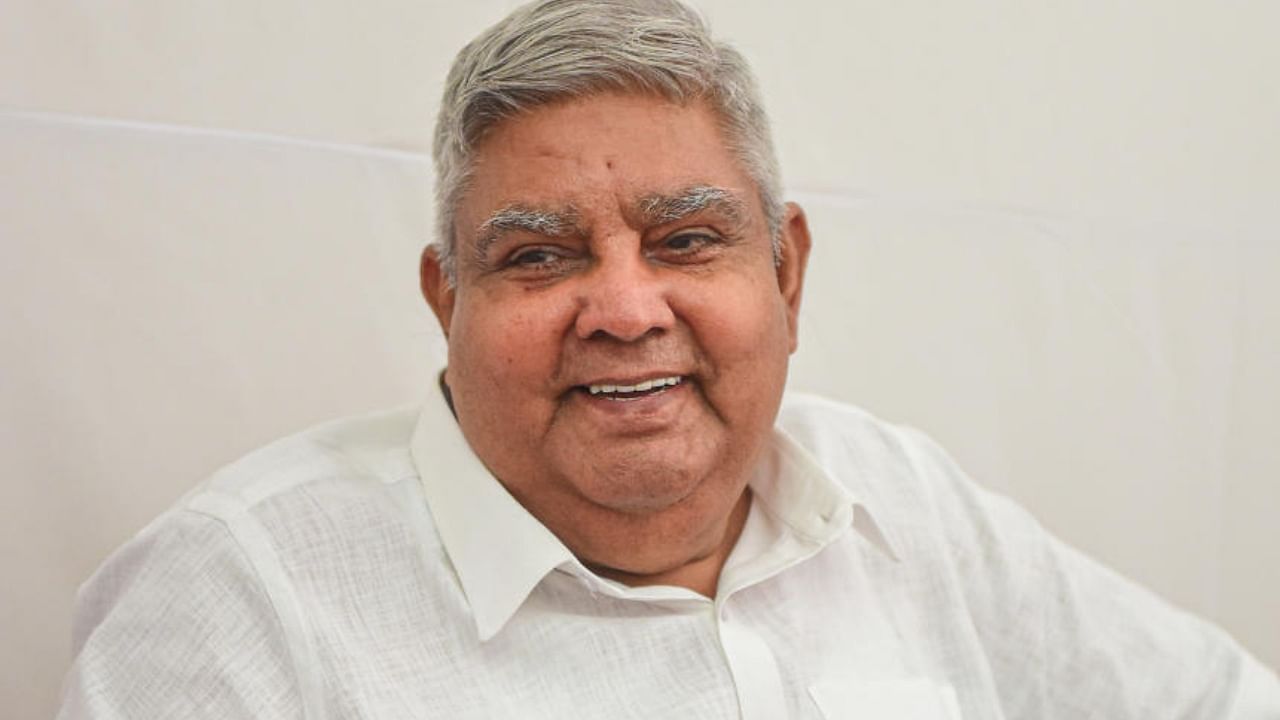
Vice-President Jagdeep Dhankhar has raised to a higher level the recent criticism of the collegium system of appointment of judges made by Union Law Minister Kiren Rijiju. The Vice-President’s comments lend themselves to the charge that they are part of a planned and coordinated attempt by the powers-that-be to run down the system of appointment of judges as it stands today. Such a campaign has been run by the minister till now, but the Vice-President and presiding officer of the Rajya Sabha should not be seen as adding his voice to it. Dhankhar recently targeted the Supreme Court verdict striking down the NJAC Act as a “glaring instance” of “severe compromise” of parliamentary sovereignty and disregard of the “people’s mandate”, in his first speech as Chairman of the Rajya Sabha. He had made such criticism on earlier occasions also, one of them in the presence of the Chief Justice of India D Y Chandrachud.
As a person holding a high constitutional position, it was wrong for Dhankhar to make these observations. He has said that a law passed by parliament was undone by the Supreme Court and the “world does not know of any such instance”. That is not true. The court is constitutionally empowered and has the responsibility to test any law passed by parliament and to judge its validity. Dhankar’s contention seems to be that legislation passed by parliament should not be undone by the court because it expresses the will of the people. This idea undermines the concept of division of powers between the various organs of State which gives the judiciary the power of judicial review over the executive’s decisions and actions and over legislation passed by parliament. He said parliament is “duty-bound to address this issue” of what he deemed to be undue exercise of powers by the Supreme Court and its encroachment into the legislature’s territory. Dhankhar has taken a wrong and combative position on a sensitive issue. He even chided parliament where, he said, there was not even a “whisper” when the court struck done the NJAC Act. His responsibility is to conduct the business of the House, but he is now seen to be setting its agenda.
The Supreme Court has been unhappy with these attacks from the government and has told the Attorney-General to advise the government to exercise control. The court has also made it clear that it has not stopped the government from bringing a new law on judicial appointments. But the present system will be in force till a new law is enacted. The constitutional scheme is that the court is the final arbiter on the legality and constitutional validity of any matter. It is dangerous to question this position.